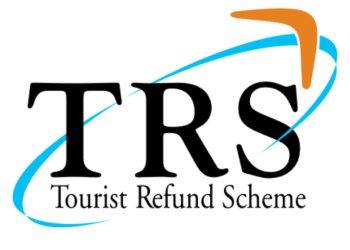The European Union (EU) has reissued requirements for ETIAS travel authorisation for travellers from 60 countries that are currently visa-exempt who plan on travelling to 30 countries in Europe, with effect from 2024.
From 2024, visitors must obtain travel authorisation from the European Travel Information and Authorization System (ETIAS), which will be linked to their passports. This travel authorisation was initially intended to be implemented in 2020.
From the information on the EU’s official ETIAS website, the authorisation will be valid for three years or until the passport’s expiry, whichever comes first. Upon the passport’s expiry, travellers must obtain a new ETIAS travel authorisation.
Once you have a valid ETIAS travel authorisation, you can enter the territory of these European countries as often as you want for short-term stays, normally for up to 90 days, in any 180-day period. However, entry is not guaranteed. On arrival, You will be required to present your passport and other documents to a border guard and verify that you meet the entry conditions.
Applications may be filled through the EU’s official ETIAS website or the system’s mobile app, with each application costing €7. Further details may be found on the ETIAS website.
According to the website, most applications will be processed within minutes, although some may take up to four days for a decision. You should note that this could be extended by up to 14 days if you are requested to provide additional information or documentation, or up to 30 days if you are invited to an interview. Therefore your application for the travel authorisation should be made well in advance of your planned journey.
ETIAS travel authorisation will be required from 2024 to enter Austria, Belgium, Bulgaria, Croatia, Cyprus, Czech Republic, Denmark, Estonia, Finland, France, Germany, Greece, Hungary, Iceland, Italy, Latvia, Liechtenstein, Lithuania, Luxembourg, Malta, the Netherlands, Norway, Poland, Portugal, Romania, Slovakia, Slovenia, Spain, Sweden and Switzerland. Please note that not all EU countries are included in this list and some non-EU countries are.







This Post Has 0 Comments